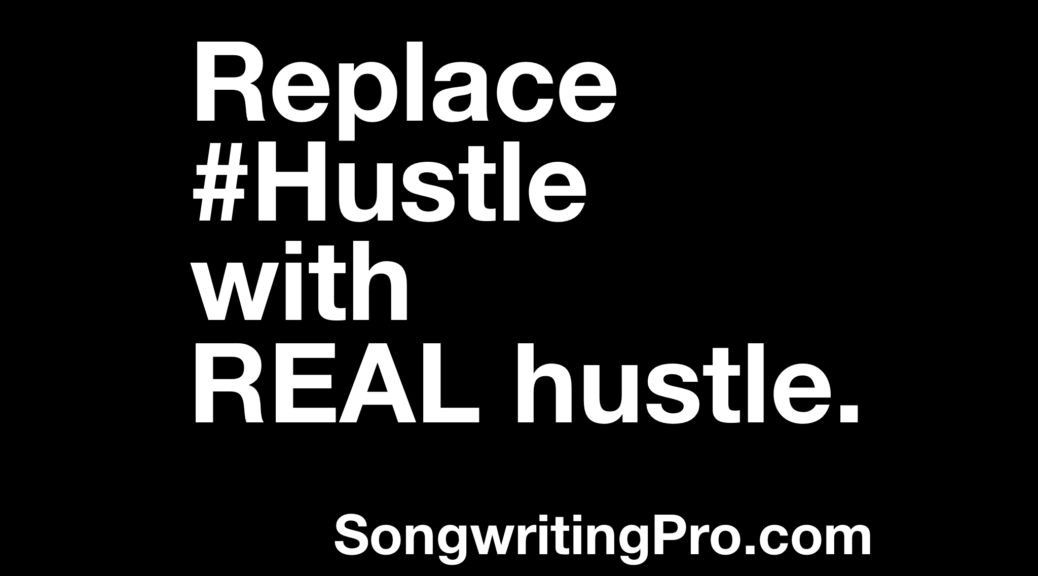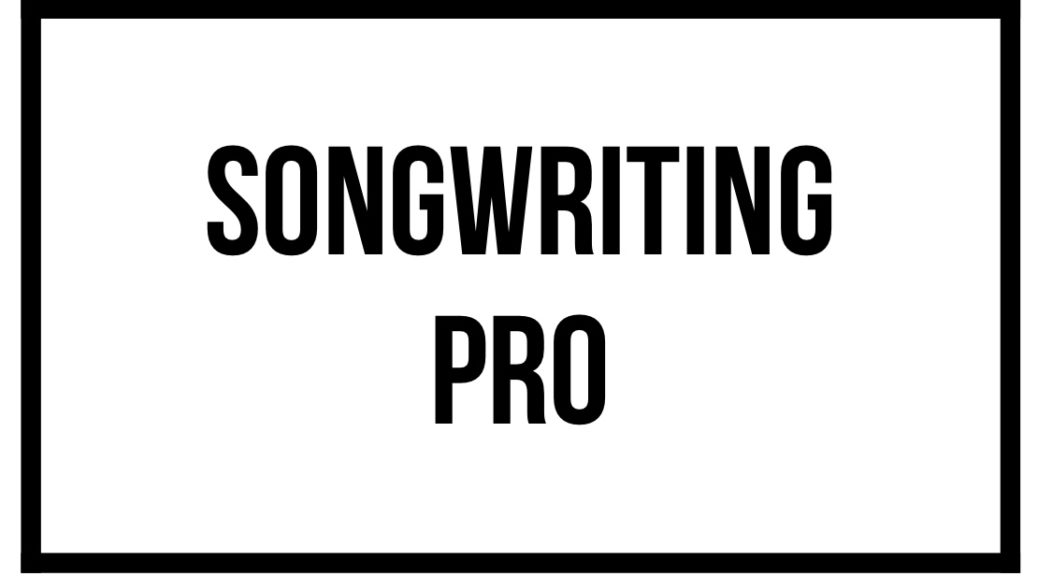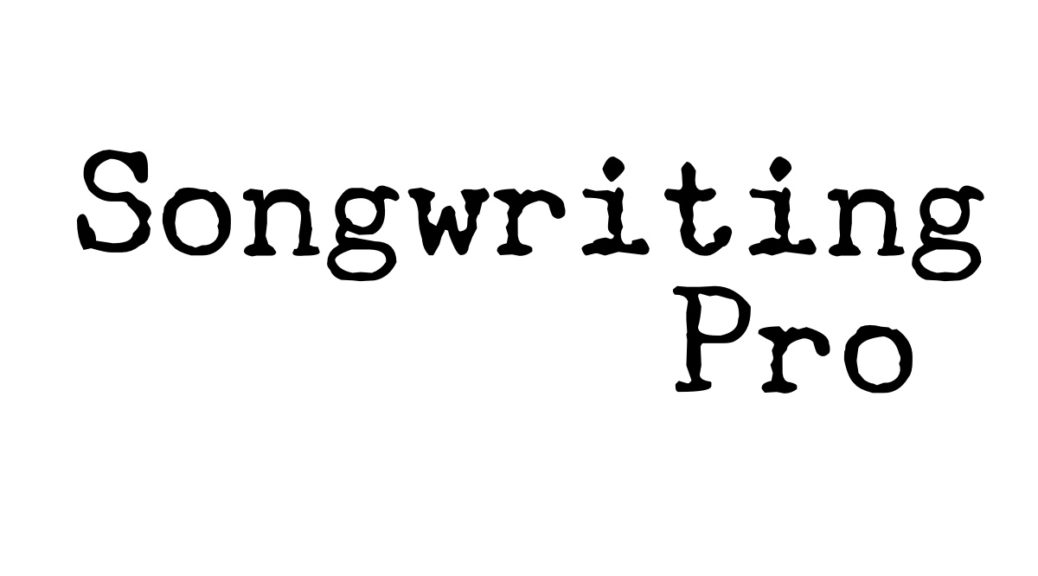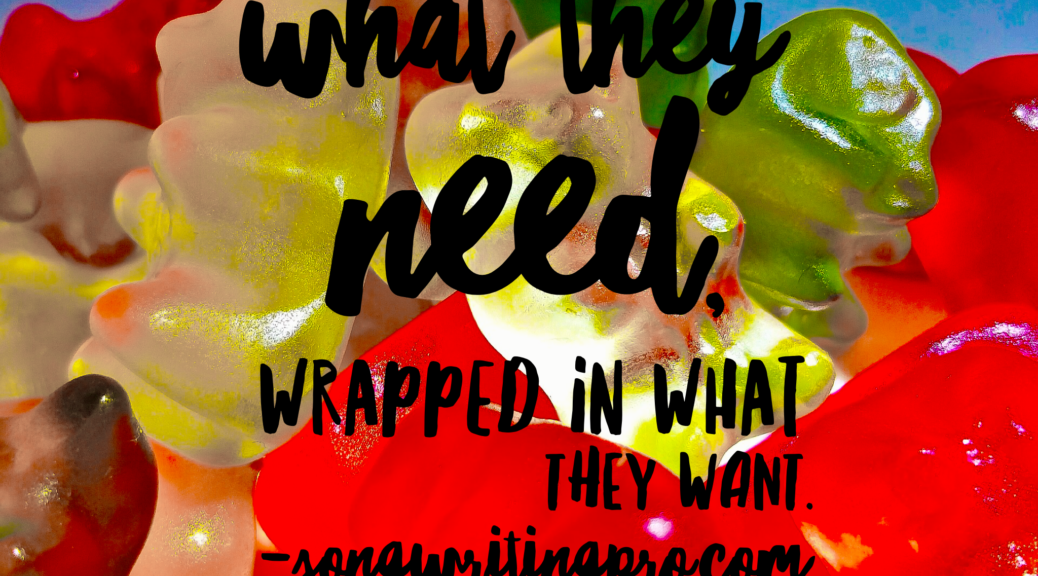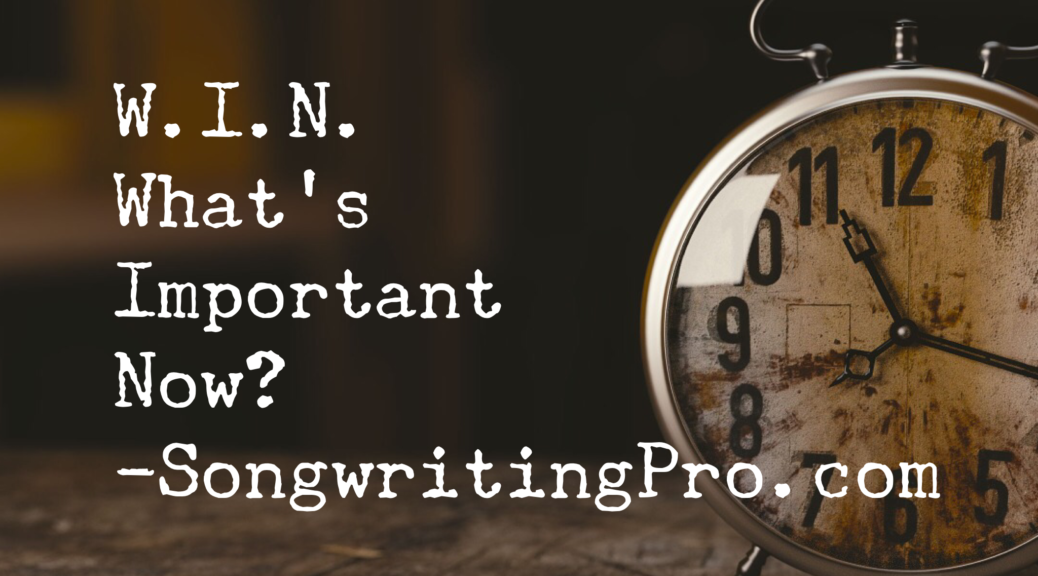
Buckle up, songwriters. I’m about to throw a bunch of songwriting advice at you. Gather ’round, y’all.
________________________________
To BE a pro, you need to THINK like a pro, and this FREE ebook will help transform your thinking, your songwriting, and your success. Get it today!
_________________________________
Opportunity is attracted to activity. If you only write songs every now and then and you never leave your bedroom, you are not going to get many opportunities. But if you’re writing a lot of songs and building relationships, more opportunity will find you.
Nothing is sadder than writing songs you don’t even like because you’re aiming for a hit – and then failing, anyway. Write something you love. If you fail, at least you still have songs you’re proud of.

Write with people you can be honest with. How can your song be honest and deep if you and your cowriter can’t even be honest and deep with each other?
Keep writing. Your best songs are ahead of you.
If an unsigned artist isn’t working hard, working with them is probably a waste of time.
Songs are about communication. If you aren’t clear about what you want to communicate in your song, you will probably only communicate confusion.

One quality of a great lyric is that it is SINGABLE. A singer should enjoy singing your words – they should feel natural. In short, if it won’t sing, it won’t get sung.
There is no one path to songwriting success. Everyone’s path has its own twists and turns. Don’t worry if your path isn’t like everybody else’s. Make a new way!
Whether you write for hits or for personal enjoyment, be sure and have fun along the way. You can have self-enjoyment without hits, but you probably won’t write hits if you don’t enjoy yourself along the way. So have fun!

Each of your songs has value – even the so-called “bad” ones. After all, without the bad ones, how do you ever get to the good ones? You have to write THROUGH the bad songs to get TO the good songs.
It is vital that you have a positive attitude – protect it like a mama bear protects her cubs. A positive attitude helps get you through the inevitable discouragement, heartbreak, and long periods when it feels like nothing is happening for you.
Avoid “work for work’s sake.” For example, checking your email 50 times a day might make you busy, but it won’t make you productive or successful as a songwriter. It is better to do something effective for one hour than to do something busy for eight hours.

Before spending your hard-earned money on a demo, ask yourself: “Does this song beat out what I’m already pitching? Is it something I don’t already have available to pitch? Honestly, will I pitch it enough to justify the financial investment?”
The first line of your song is extremely important. If the first line is a boring cliche’, you’re in danger of losing the listener right off the bat. But if your first line is fresh and interesting, odds are the listener will stick around a while.
If you’d like to sit down with me (online from anywhere in the world), I have some coaching slots available. This is your chance to ask me YOUR questions, work on your songs, pick my brain, etc. Basically, it’s my time to serve you however I can, on a comfortable one-to-one basis.
You can learn more or sign up for a helpful coaching session HERE.
God Bless and Enjoy the Journey,
Brent
Brent Baxter is a hit songwriter with cuts by Alan Jackson, Randy Travis, Lady Antebellum, Joe Nichols, Gord Bamford, Ruthie Collins, Ray Stevens, and more. He’s written a top 5 hit in the US and a #1 in Canada… so far. 

